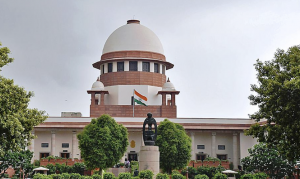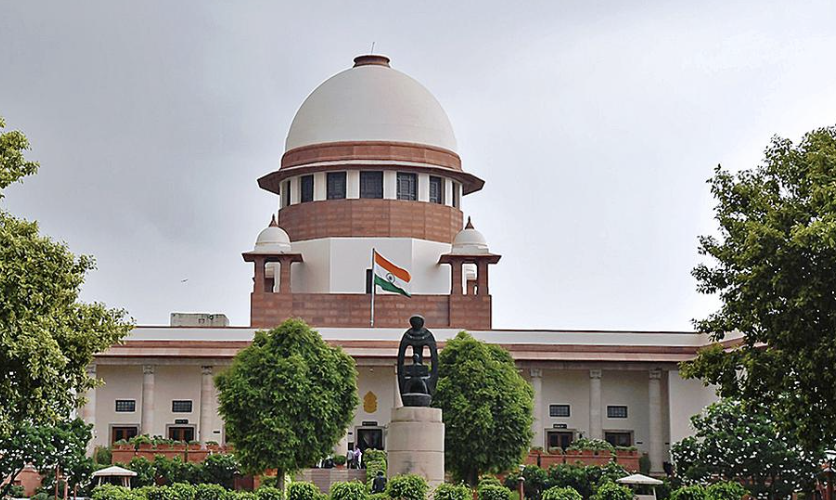NEW DELHI, Nov 2: Regarding a number of petitions contesting the legality of the electoral bonds programme for financing political parties, the Supreme Court postponed making a decision on Thursday. On October 31, arguments on four petitions, including those submitted by Congressman Jaya Thakur, the Communist Party of India (Marxist), and the non-governmental Association for Democratic Reforms (ADR), were heard by a five-judge constitution bench that included Chief Justice D Y Chandrachud and Justices Sanjiv Khanna, B R Gavai, J B Pardiwala, and Manoj Misra.As part of initiatives to increase political finance transparency, the government announced the programme on January 2, 2018, and it was positioned as an alternative to financial contributions to political parties. Any Indian individual or organisation incorporated or founded in India may purchase electoral bonds in accordance with the scheme’s terms. Election bonds may be purchased individually or in combination with other people. Electoral bonds can only be obtained by political parties that are registered under Section 29A of the Representation of the People Act, 1951, and that have garnered at least 1% of the votes cast in the most recent election for the Lok Sabha or a state legislative Assembly.The announcement states that a political party that qualifies may only cash electoral bonds through an account with a bank that has been licenced. In April 2019, the Supreme Court rejected the Centre’s request to halt the electoral bonds scheme and declared that it would give the pleas a thorough hearing because the Election Commission and the Centre had brought up “weighty issues” that had a “tremendous bearing on the sanctity of the electoral process in the country.”


